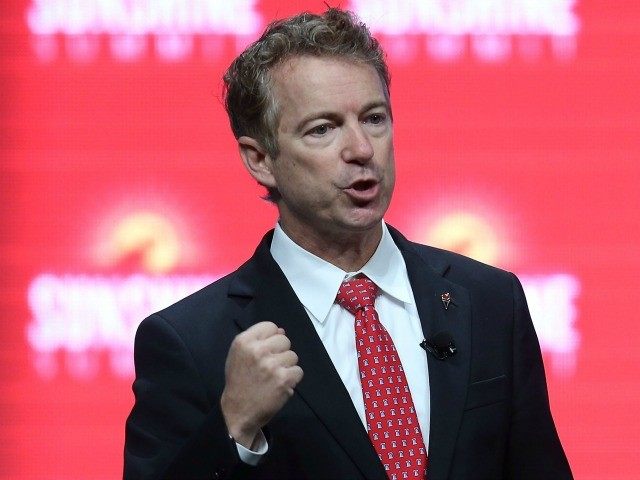Taiwan party that won election wants US help with China
By Norman Tucker Jan 22, 2016The first was Lee Teng-hui Ph.D. "To this, I want to say "welcome", she wrote in a Facebook message.
The DPP is broadly supportive of independence from China. For years, a studied ambiguity (symbolised by the so-called 1992 consensus) has allowed both sides to pursue separate paths and avoid confrontation. In fact, Taiwan has no options.
In China's view, Taiwan is a renegade Chinese province that technically belongs to the mainland under its "One China" policy.
On top of this, Tsai will need to negotiate the upcoming session of the ICAO Assembly, which commences on 27 September, roughly two weeks after the beginning of the UN General Assembly. Seeking independence would only lead to a dead end. Cross-strait ties are indeed important in Taiwan, but they are not the only issue. Tsai has to be realistic about this. "We've all be taught from small that Taiwanese are compatriots, and Taiwan is the jewelled island", wrote one, apparently Chinese, Facebook poster. She intends to continue her political efforts in the future.
It's historically meaningful that both countries, which already share democratic values and development experiences, have embraced female presidents, she said.
During the election campaign Ms Tsai campaigned on maintaining peace and the status quo with China. This is the bottom line for both Washington and Beijing.
Taking the outcome of the election at face value puts us at risk of misreading the situation. Under the latter policy, Taiwan did not seek a United Nations seat directly, preferring to work on meaningful participation in United Nations specialised agencies such as the WHO and the International Civil Aviation Organization (ICAO). Against this backdrop, Taiwan becomes an ace in the pack for the US. He was willing to adhere to China's principles and yet maintain his own.
"Over the last few years, Taipei and Beijing have been able to use the party relations between the KMT and the Chinese Communist Party to make progress in terms of dialogue".
The program received extensive media coverage in Taiwan, where it was seen as an attempt to pressure Taiwanese voters before the island's presidential and legislative elections, which took place January 16.
"China may look to "punish" Taiwan for electing the anti-China DPP by making it more hard for Taiwan to negotiate free-trade deals with other countries", Gareth Leather, Capital Economics.
On the one hand, democratic societies are now considered the most conservative, with no one able to achieve any results.
In Singapore and Hong Kong, as well as China, and for that matter, Cambodia and Malaysia as well, entrenched ruling parties strictly control the selection procedure and choice of candidates for governance.
It would be a better celebration if all 10 members had established a democratic political system like that in Taiwan, but perhaps that's a dream too far.
The new administration may indeed pose a greater possibility for friction with China, but it also offers the potential for a more stable rapprochement.
In her victory speech, Tsai, 59, said, "We have lit up Taiwan". A shift from a radical to a conservative stance would be hard. "Any forms of suppression will harm the stability of cross-strait relations", she warned her Chinese counterparts. South Korea is Taiwan's fifth-largest trading partner. But most of the business opportunities have been seized by Koreans as a result of the sunflower movement. President Ma is considering whether to give his approval to such a move.
Oklahoma cop gets life for sex crimes against the poor
Prosecutors said Holtzclaw targeted black women in neighborhoods east and north of the state Capitol building. Sue Ogrocki/AP While the charges included eight women, a total of 13 women testified against Holtzclaw.
You may also like...
-
Advertisement
-
Leadership
Government scientists say 2015 was 'by far the warmest year' on record
Jan 22, 2016
El Nino "pushed it [records] way over the top", director of NOAA National Centers for Environmental Information, Tom Karl said. Previous year was also the first time average temperatures were 1 degree Celsius or more above 1880-1899 averages. China stocks slid in late afternoon trade, sentiment still fragile
China stocks slid in late afternoon trade, sentiment still fragile
Jan 22, 2016
The kiwi fell to 06485 down by 30 points as the stress over falling oil prices weighed on the commodity linked currencies. Overnight interest rates in Hong Kong, jacked up to 94 percent on Tuesday, were back near 4 percent.Large group of Detroit teachers protest outside Cobo Center
Jan 22, 2016
Almost as many Detroit police as there were protesters converged outside the Hilton Garden Inn downtown Wednesday after a disturbance.Mickelson, Stadium Course return strong at CareerBuilder
Jan 22, 2016
When Mickelson made the turn at La Quinta Country Club, he appeared to be trending toward something a bit better than "solid". It took exactly one round of the new season for Phil Mickelson to reach "peak Lefty" mode. "This is a good golf course".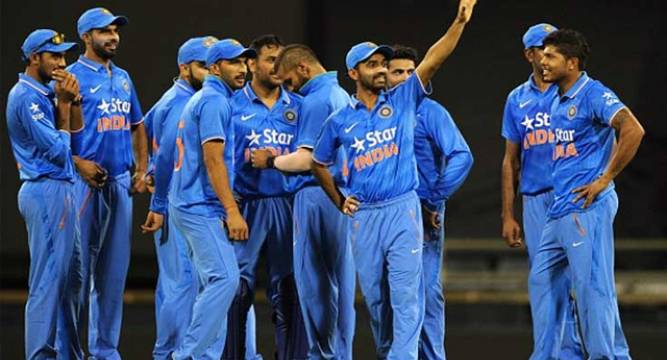 Australia chase down India's 309 in first ODI
Australia chase down India's 309 in first ODI
Jan 22, 2016
India bowling coach Bharat Arun believes Tuesday could be the ideal time to blood Sran, who has taken 32 first-class wickets . Smith and Bailey's stand, which spanned 37 overs, trumped the 207 added for India by Rohit and Virat Kohli, who made 91.Wycombe vs Aston Villa in an FA Cup third round clash
Jan 22, 2016
I know they've been having a bad time of late, but they are still a Premier League team. Wycombe vs Aston Villa match is not available in live streaming .The Trailer for Key & Peele's First Movie, Keanu, Is Here
Jan 22, 2016
Bottom line, this looks like another knock out from the wildly clever, relentlessly goofy comedic duo. Key & Peele lasted for five seasons on Comedy Central before the duo made a decision to end it.Australian Open 2016: Nadal Suffers Shocking First Round Defeat To Verdasco
Jan 22, 2016
Murray, a four-time finalist at the Australian Open , will now face Australian Sam Grot in the second round. Joining him the second round will be No. 8 David Ferrer, No. 10 John Isner and No. 18 Feliciano Lopez .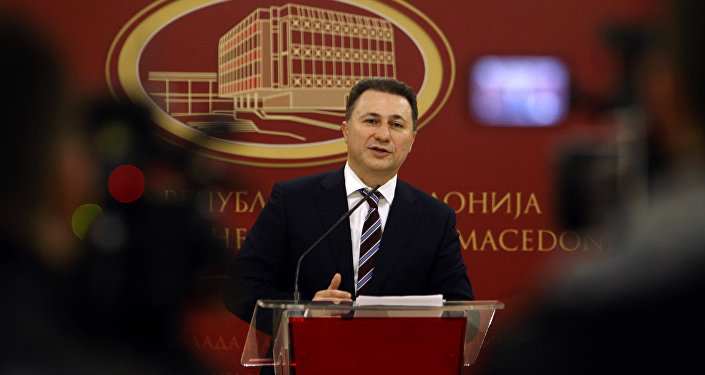 Macedonian political leaders fail to agree on election date
Macedonian political leaders fail to agree on election date
Jan 22, 2016
The election of the new government came after the resignation of Gruevski and the decision to dissolve the Parliament. Gruevski accused Zaev of trying "to take the country even deeper into crisis ".No. 9 IOWA 90, RUTGERS 76
Jan 22, 2016
Iowa center Adam Woodbury registered the fifth double-double of his career, scoring 12 points and pulling in 11 rebounds. It also marks the first time Iowa has had its football and basketball teams ranked in the top 10 in the same season. -
-
The Latest
-
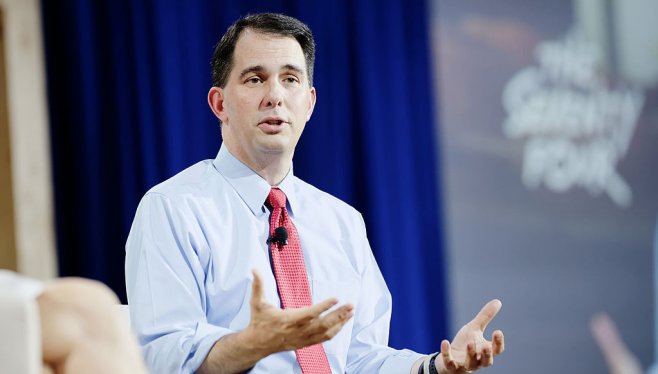 Alicia Guzman | Apr 05, 2016
Alicia Guzman | Apr 05, 2016
-
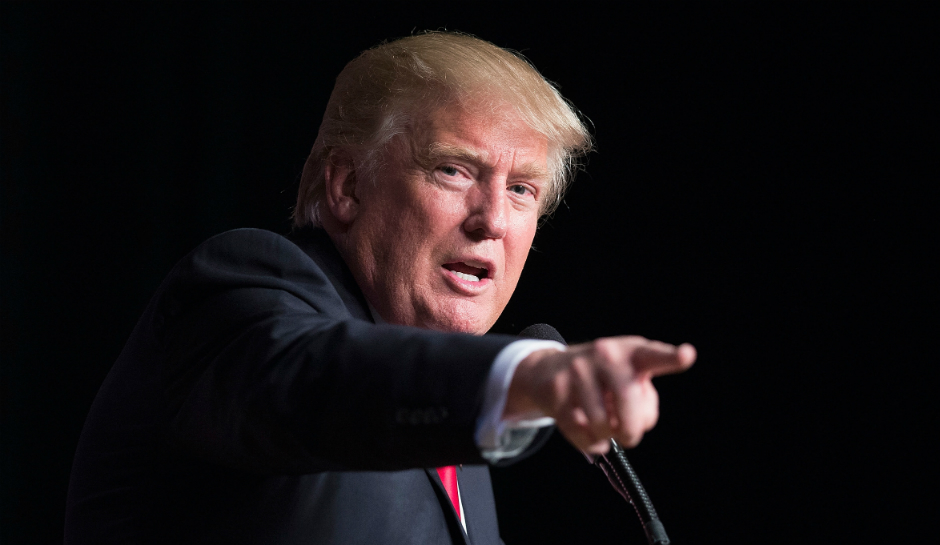 Alicia Guzman | Apr 05, 2016
Alicia Guzman | Apr 05, 2016
Donald Trump Says Meeting with RNC Chairman was about 'Unity'
-
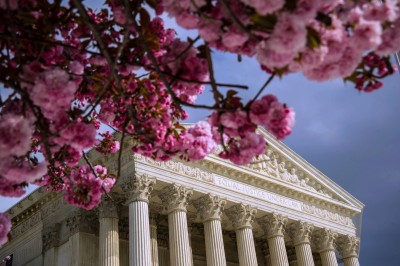 Alicia Guzman | Apr 05, 2016
Alicia Guzman | Apr 05, 2016
-
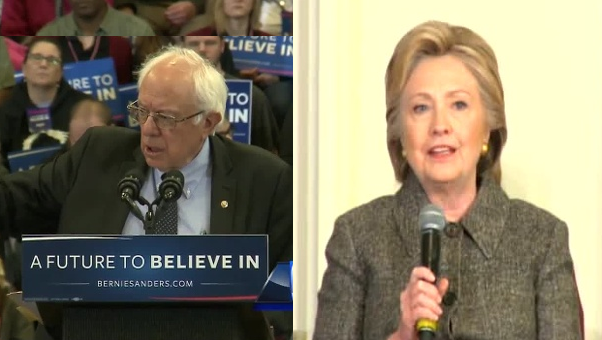 Alicia Guzman | Apr 05, 2016
Alicia Guzman | Apr 05, 2016
-
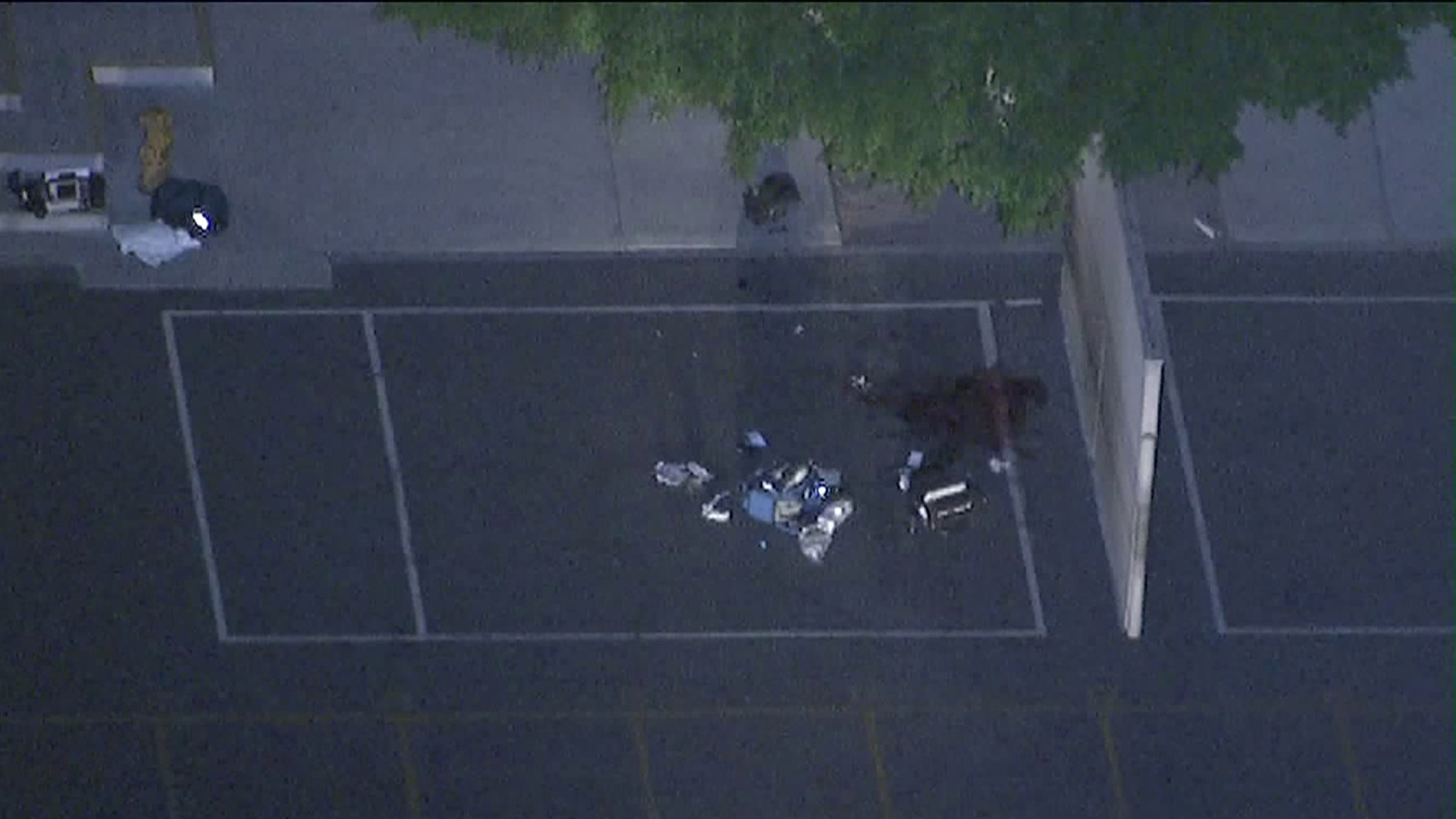 Alicia Guzman | Apr 05, 2016
Alicia Guzman | Apr 05, 2016
One Dead, One Injured After Explosion at California Elementary School
- Alicia Guzman | Apr 05, 2016
-
-
-
 Norman Tucker | April 05, 2016
Norman Tucker | April 05, 2016
-
 Norman Tucker | April 05, 2016
Norman Tucker | April 05, 2016
Heroes of the Storm Will Add Tracer from Overwatch on April 19
-
Top Tags
Copyright © 2016 financialspots.com - Financial Spots | All Rights Reserved

